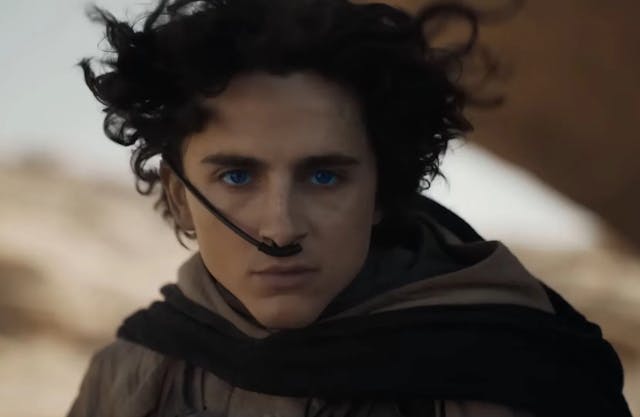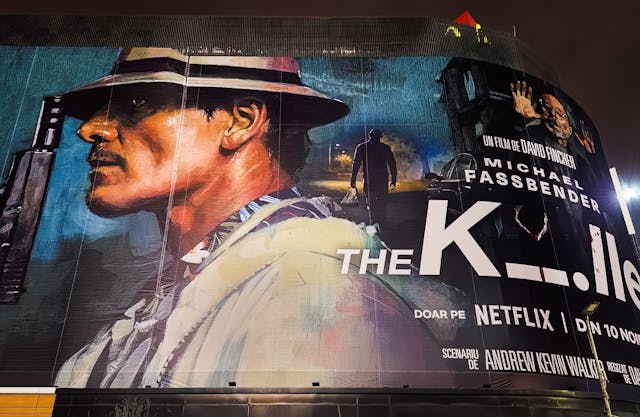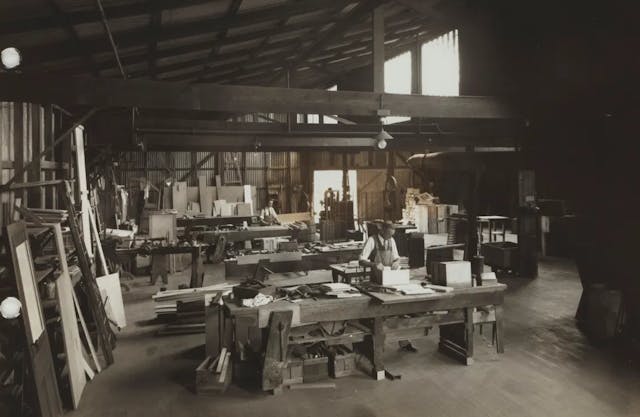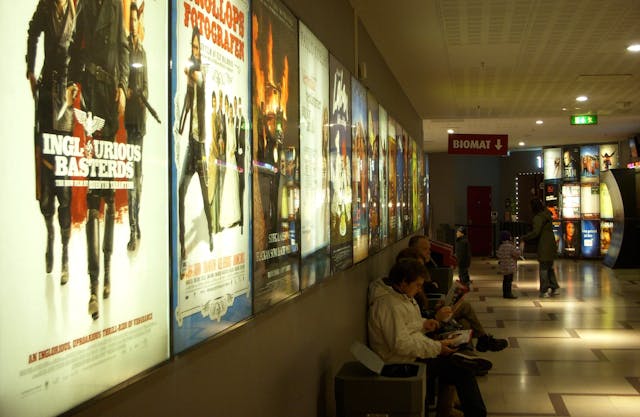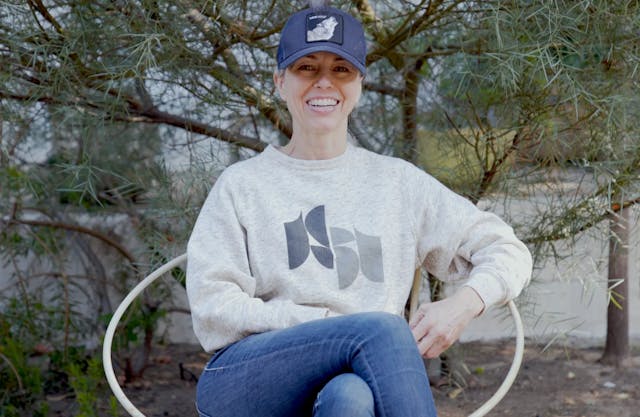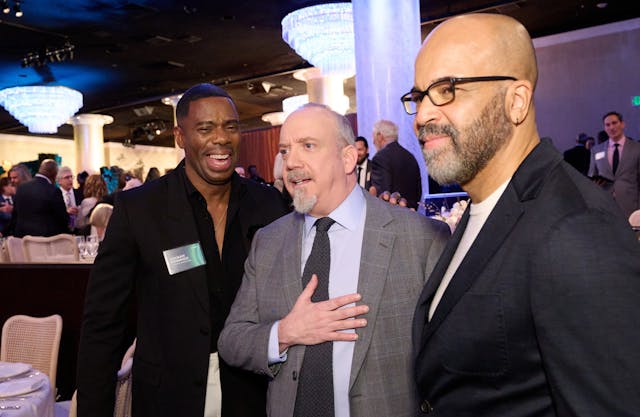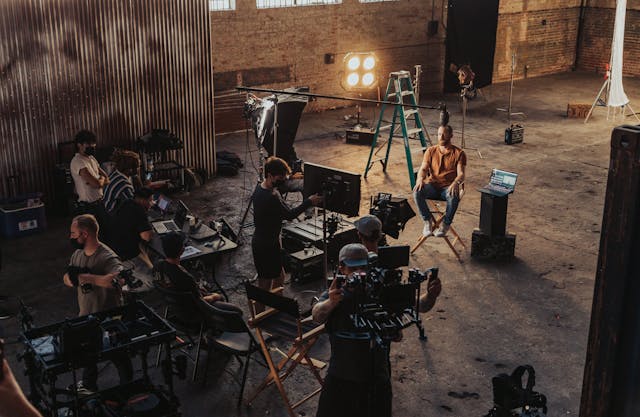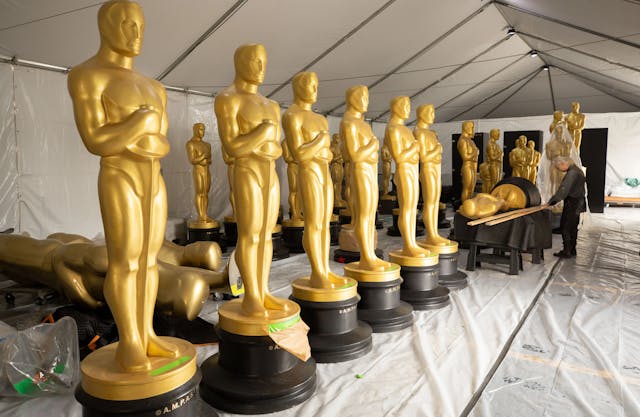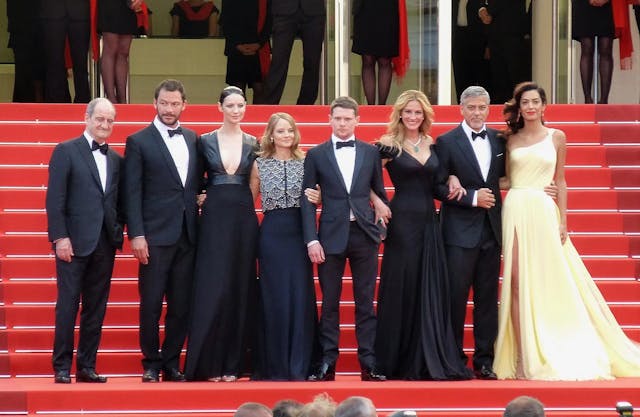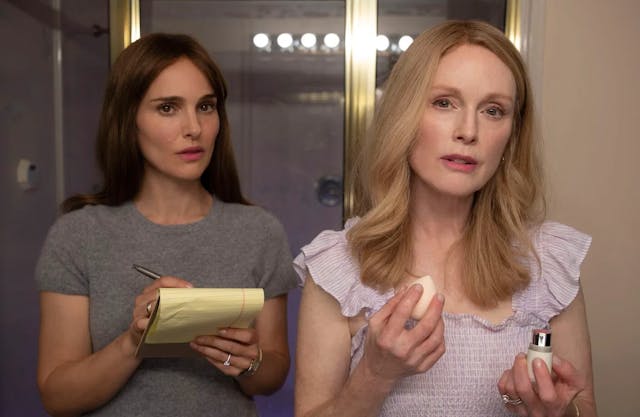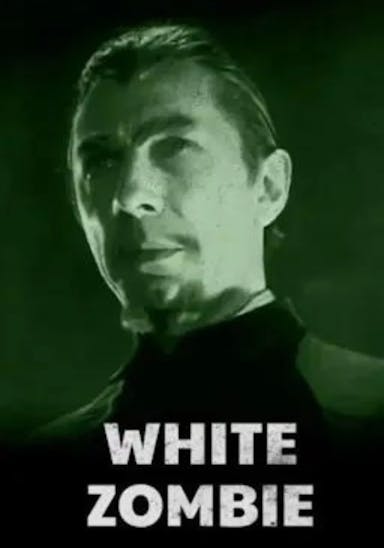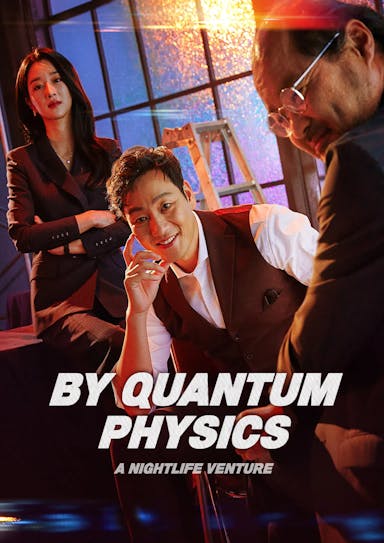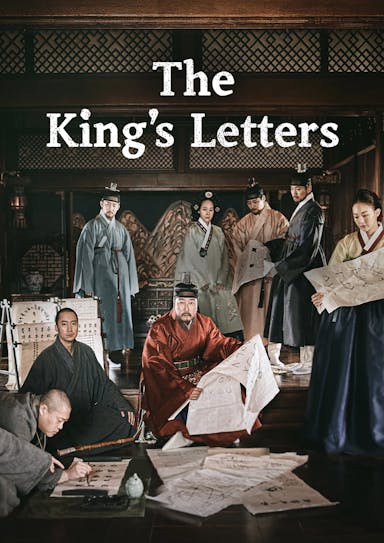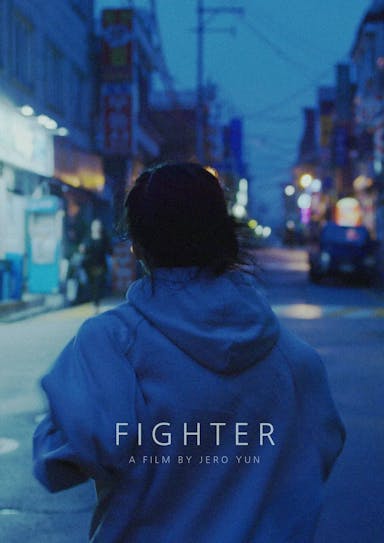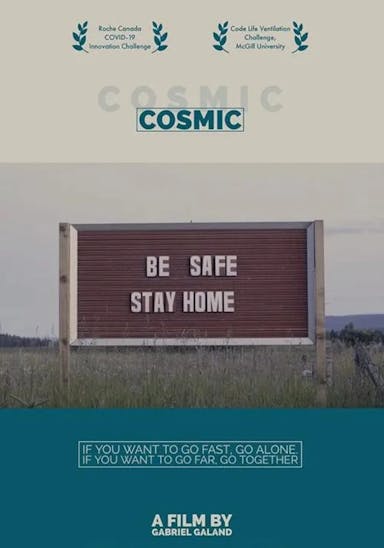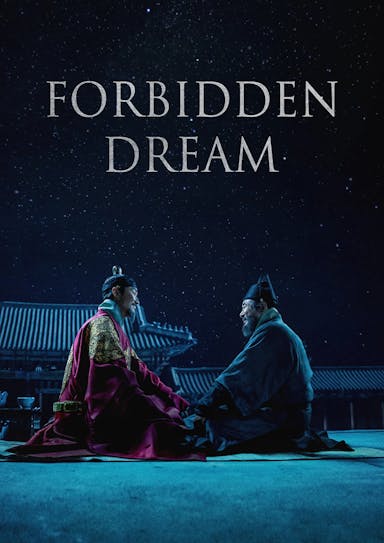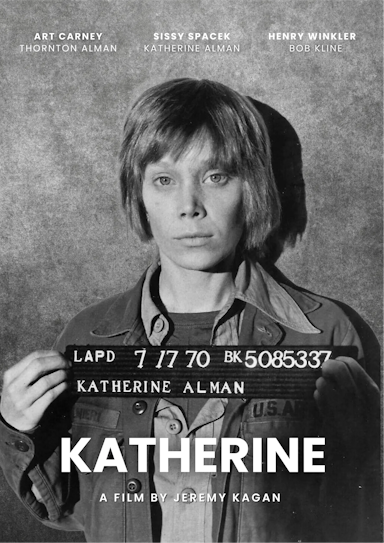Brendan Fraser: Making Small Roles Go Big, and Big Roles Bigger
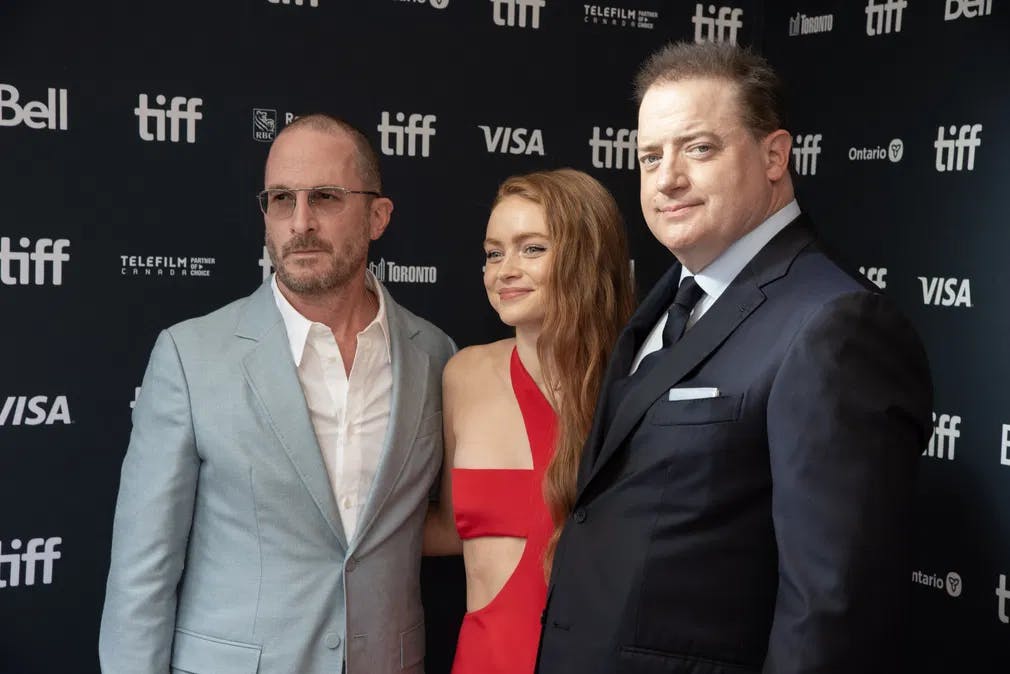
"The Whale" Riders: Director Darren Aronofsky stars Sadie Sink and Brendan Fraser at the TIFF premiere of the film.
The roller coaster ride of a Hollywood career takes some twisted turns and maddening ups and downs. Let's consider Brendan Fraser. The actor is riding high, with the afterglow of his Oscar-winning role in “The Whale” still shining. The gruesome drama about a morbidly obese man trying to make amends with his estranged daughter (Sadie Sink) offered a challenging, showy role to an old-fashioned movie star who had been missing from the A-list for way too long. The movie also took the award for Best Makeup and Hairstyling. Hong Chau was nominated as Best Supporting Actress for her role as his friend and caretaker, Liz.
For a follow-up, Fraser found a small but showy role this year in Martin Scorsese’s landmark work “Killers of the Flower Moon.” He plays bombastic defense lawyer, W.S. Hamilton, defending remorseless William Hale (Robert De Niro), the mastermind of a wide-ranging murdering plot against Osage oil millionaires, controlled under law by white minders willing to kill to take their fortune. In an ambitious historical epic filled with characters, ideas, and controversy, his apparition in several scenes qualifies as a cameo. Still, it seeped into the popular subconsciousness behind a star-making role for Lilly Gladstone, Leonardo Dicaprio’s dark turn as a man debased by greed, or De Niro’s banner white devil.
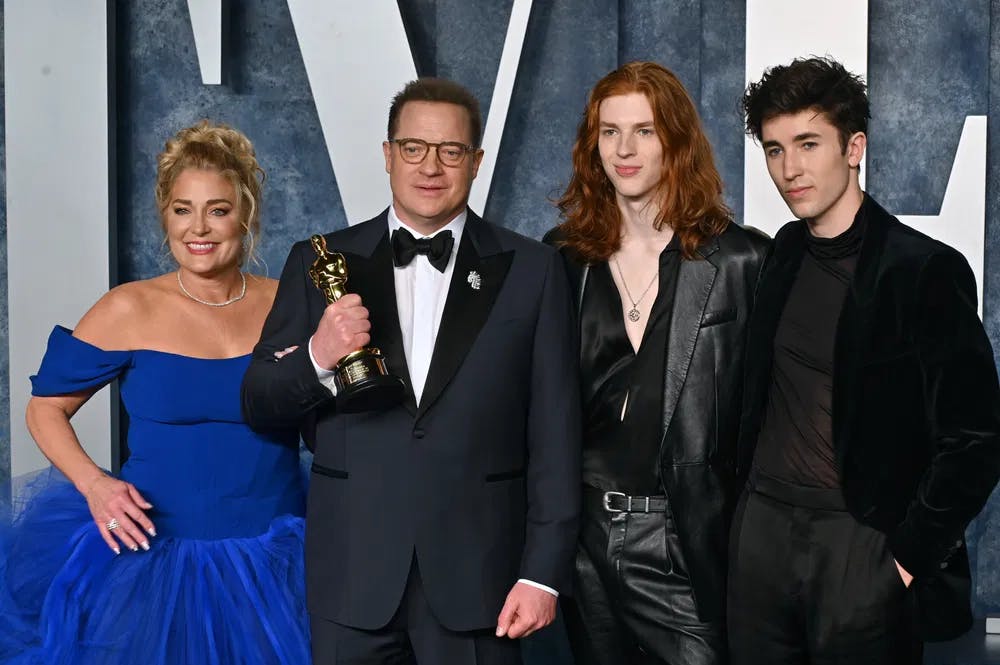
The family welcomes Oscar: Brendan Fraser, his wife Jeanne Moore, and sons celebrate the Academy Award for "The Whale" / Photo courtesy of Dreamstime.
During a court appearance, Hamilton makes a dramatic, loud display of anger over Hale's indictment. His screams convey dismay and shock over having an alleged pillar of society under suspicion. Many online commenters lamented Fraser's expansive display of emotion. Was he overacting? Was he exaggerating? Neither. It was the character, not the actor, who was cynically recurring to dramatics to intimidate a jury into leniency towards a murderer. Fraser's acting choices are risky for going against the pretension of naturalism. His Hinton is an early XX-century legal hack putting on a show. He is a necessary accessory to murderous evil.
When the Industry Sabotages Talent
In a way, winning the Best Actor in a Leading Role Oscar is an anomaly. Fraser was easing into his late-career stage as a sturdy character actor. He is well into his fifties and with his heartthrob days behind him. He had spent the last few years doing TV series, low-profile indies, and international productions, striving for Hollywood glamour by hiring American stars with relaxed schedules. Just before “The Whale,” his peak appearance was a supporting role in Steven Soderbergh’s “No Sudden Move” (2021), a straight-to-streaming mob drama. It’s the kind of movie that used to be a stellar mid-programmer but has now been pushed off movie theaters to make way for too much superhero drivel.
Not too long ago, Fraser was the matinee idol of Hollywood dreams. He broke through as a magnetic lead in teen drama “School Ties” (1992) and silly comedies like “Encino Man” (1992). He went on to anchor the blockbuster action-and-horror franchise that began with “The Mummy” (1999). He courted critical acclaim with substantial roles in “Gods and Monsters” (1998) and “The Quiet American” (2002), holding his own against Oscar-nominated veterans Ian McKellen and Michael Caine, respectively. And he was not above clowning in Disney kiddie fare like “George of the Jungle” (1997) and “Journey to the Center of the Earth” (2008).

High adventures in the desert: Fraser and Rachel Weisz found box-office treasure in "The Mummy" / Photo courtesy of Universal Pictures.
Fraser was a versatile, charming performer armed with talent and looks. Why did his profile diminish just as it should have gone into overdrive? The volatility of the movie business can be blamed, but up to a point. The actor has been candid about suffering a scarring episode of sexual harassment at the hands of Phillip Berk, former president of the Foreign Press Association - the organization of international correspondents in Hollywood who puts together the Golden Globes Awards -. It pushed him into depression and ostracism when the industry closed ranks to protect the predator.
His comeback is a most unexpected and welcome surprise. It’s also a great excuse to look for the hidden gems in his long filmography. Everybody has seen the hits, but you can find stellar work in some titles that have fallen through the cracks. In a twisted way, these understated movies give performers like him a perfect showcase for their skills. A case in point is the little-seen romantic comedy “Still Breathing” (1997).
A ‘90s Kind of Whimsy
This low-budget film, written and directed by James F. Robinson, premiered the year as kiddie box-office-hit “George of the Jungle” premiered. The movie did not cater to the same audience, but it’s easy to see why its success proved elusive. It pushes too hard on its whimsical qualities and traffics on some questionable sexual politics. Fraser stars as Fletcher McBraken, a San Antonio, Texas-based puppeteer, descendant of a lineage of men who, at one point in their lives, get telling visions of their one true love. In this case, the blessed candidate is Rosalyn Willoughby (Joanna Going), a jaded art expert living on the outskirts of the Los Angeles art world. Her day job is consulting galleries, but she spends more time scamming rich morons with the help of genial gal pal Elaine (Ann Magnuson). An open-hearted voice-over lets you know she believed in finding her one true love but let go of that dream along the way.
The stage is set for a typical romantic comedy but with loaded dice. Fletcher lives in a charming world of eccentrics, with no apparent money problems - his entourage includes a genial, tuba-playing granny played with warmth by Hollywood legend Celeste Holm (1948 Oscar-winner for Best Supporting Actress, in “Gentleman’s Agreement” -. Her emotional authority goes a long way to giving ballast to the unbearable cute conceit that supports the existence of Fletcher as a character. He can be a penniless street artist and live in that beautiful house with magnificent gardens because Grandma’s sophistication exudes the scent of old money. Her gregariousness and all-around lovely disposition make the artsy-artsy trappings seem not just honest but noble.
In contrast, Rosalyn’s L.A. is a den of inequity, filled with frivolous, materialistic characters and soul-deadening corruption. Once, she believed in art just as she believed in true love. She is “one break away from a breakthrough,” says a friend, but her creative spirit is crushed. She seems content with conning moneyed dupes into buying expensive paintings instead of creating anything herself. Hers is a joyless life. Of course, she would prefer to follow the weird dude who claims he saw it in a dream. Heck, he looks like Brendan Fraser in the full dreamboat phase.
Male Chauvinist Fantasy Goes Down Easy
Right under the surface, you can glimpse the dark heart of romantic fantasies like these. Left to her own devices, the woman is trapped in a vile, materialistic world of her device. She needs the love of a good man to bring her around to the light. She has no choice in the matter. Or rather, all her choices are wrong, except to succumb to the manifest destiny governed by a man’s desire. To make it less sinister, his choice is masked as “magic.” Switch Fraser for a regular-looking fellow, and you would scream at Rosalyn to get a restraining order.
Once you get past the unsavory implications, you can focus on how Fraser gives life to an impossible conceit passing for a character. The movie's heart is a prolonged stretch where Fletcher travels to Los Angeles to track down Rosalyn. He doesn't even know his name, but his visions conveniently point him to her favorite night spot - Hollywood's legendary Formosa Cafe -. They meet cute there when Rosalyn confuses him for her next mark, a gauche Texas millionaire. They have an otherworldly episode when she scratches her knee, and he tends to it just like she saw it in a dream, in a black-and-white scene enacted by a couple of symbolic children. There should also be a moratorium in symbolic children and animals while we are at it. To seal the deal, Fletcher foregoes sex because he wants to wait for "the right moment."
And off they go to San Antonio, where Rosalyn takes him to Fletcher’s beautiful house, surrounded by a luscious forestry. She tags along when he goes to give a puppet show at the birthday party of a terminally ill little girl. Since she thinks he is rich, this registers as an eccentricity. The show drops when the revelers of a surprise party show up, and she finally connects the dots - “He’s…a street artist!” she realizes with dismay. Will she be able to let go of her worldly ways and embrace true love despite its creepiness?
We all know the answer. But despite the predictability, Fraser makes the conceit work thanks to the humanity with which he built an impossible character. Check out how alert he is to every single moment. Every glance reveals inner life with alertness. His face reacts with subtle but telling changes. When he sees Rosalyn in real life for the first time, his breathing quickens, noticeable in the nostrils. A less smart performer would let Fletcher be all bland goodness, but check out how Fraser seizes the moment in a scene where the woman’s friend and partner look down on people outside their rarified hipster angeleno circle. The line readings are scalding and hint at a darkness that keeps Fletcher interesting for the rest of the running time.
This is a Fraser showcase, but Joanna Going cuts an interesting figure, too. Enough to make you wonder why she was not warranted better chances in the industry. She and Fraser look great together and have crackling chemistry. It makes “Still Breathing” surpass its limitations and work as a time capsule of a star about to reach its peak, and a prime example of a certain brand of indie movie in the late XX Century.
Want to get an email when we publish new content?
Subscribe today